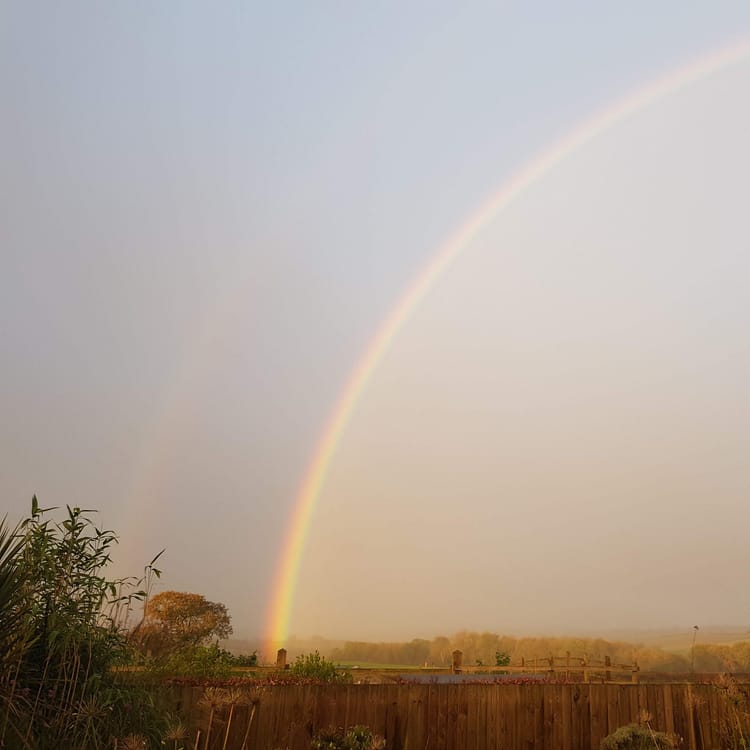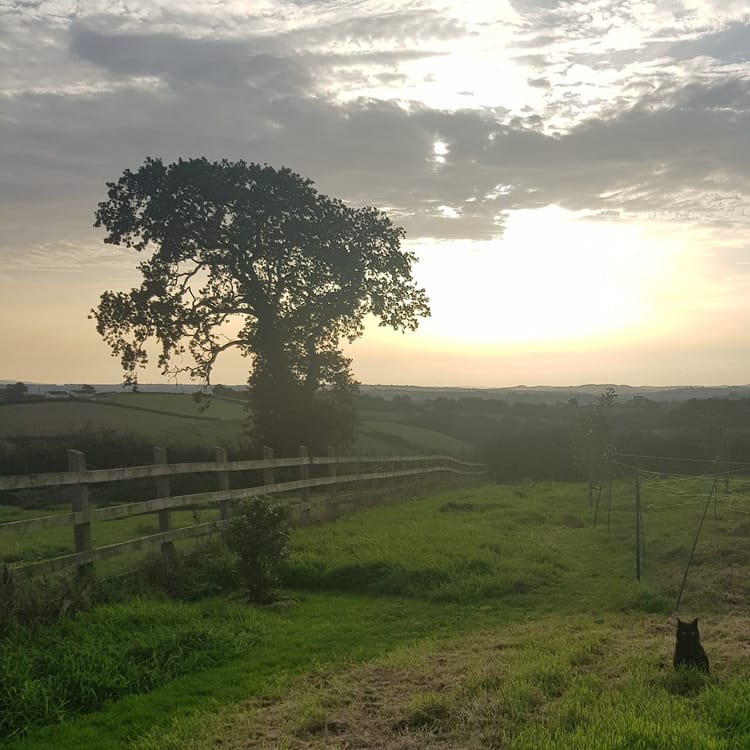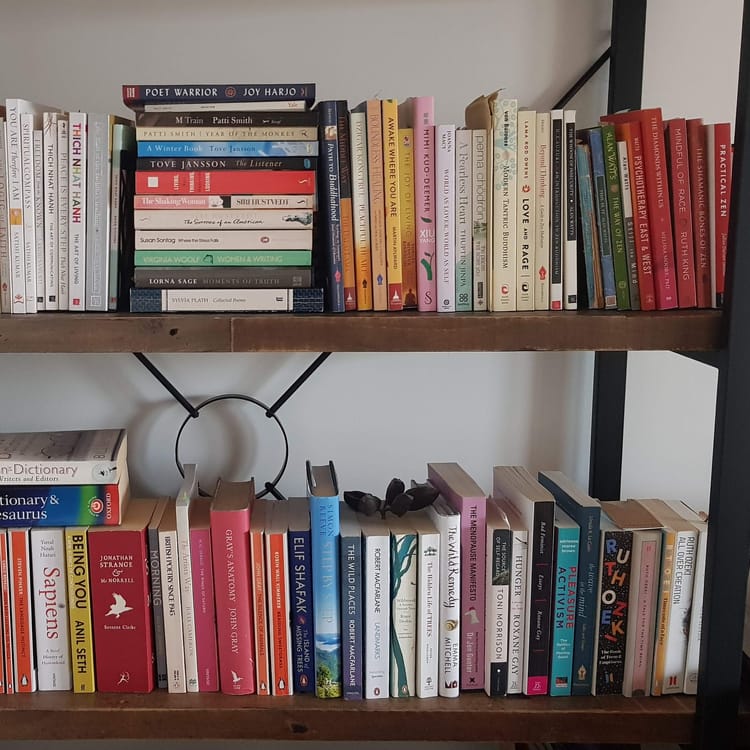Better out than in: How words can set us free

I've been having conversations about privilege. How there are nuances beyond the black and white perspective that loads guilt and shame where it may not be warranted. How the dualistic view that betrays the hierarchy it purports to dismantle only compounds harm and division more than it arguably sheds light upon the broader picture. What is it even, to have privilege, to be privileged, to come from a place of privilege and who’s to say?
Conversations without conclusion, as yet, and maybe never. Because these are conversations I’m having in safe and brave places, with myself, in my notebook, in jotted notes within an app, scribbled here and there, while I work out what it is that’s on my mind and what of substance lies beneath.
This is the way I work things out. Things being my thoughts and what, if anything to make of them.
This is the process of writing for oneself, expressing what’s within before and with consideration for the effect of taking it outward, by muddling through the fog of the mind.
For the mind can weigh us down if we don’t find a way to lighten the load of thoughts. Hence writing for oneself is an act of self-care, and in turn, of mutual care, by getting clear on what is worth saying and what might be better left on the page.
All of which is not to say anything about privilege at all, but something more about the process of reflection, cogitation, digestion and expulsion. For the things we suppress become compacted, like sediment that turns solid, waste matter that doesn’t get expelled.
And lack of processing leads to indigestion, misunderstanding and the furthering of confusion. When what we really strive for, what we really want, is clarity, sense and comprehension.
Pause ...
Thank you for reading my words. There's more to follow. I hope you like what you find & feel moved to keep reading. If you feel you've received something from my work & wish to support me in return, please consider a paid subscription, which gives you my deep gratitude, and access to extra content, including a monthly round-up of inspirational readings and teachings, plus ideas and contemplations for your own reflective practice.
SubscribeWrite your guts out, free your mind
This is an example of how, why and on what reflective writing "works", where work denotes a practice with benefits for the state of our heart, body and mind. For writing is very much a visceral process of release, a cleansing and a purification, whereby we can let go rather than become bound up in the otherwise incessant churn.
Confessional writing, as this practice is sometimes known, is so-called because we take the page as our confidante, our non-judgemental silent witness. We give ourselves a space in which to ramble and listen, to fumble and bumble through jumbled thoughts.
Narratives otherwise fester and stew. Hence so much of our suffering is rooted in the way the mind stubbornly fixates and holds on, in how we linger and cling, attach and fester, mull and ruminate, and get caught up in making meaning and more of something than it - whether a feeling, a thought, a situation, a conversation or an interaction - than it is.
When was it is healthier, is release and the relief of elimination, in this case, by way of purging to the page.
Take a moment to consider and observe for yourself:
What is it that is weighing me down, keeping me stuck, looping in my mind? How can I induce some perspective, zoom out of the fixated focus and set my mind loose and free? What am I fixating on that doesn't merit the energy I'm wasting? How can I let go and move on?
I find this line of inquiry, compassionately pondered, to be an effective key that can undo the lock and lead the way to release, to ease, to the freedom from the suffering of unskillful, overthinking.
As Thich Nhat Hanh says: “Once you communicate with yourself, you’ll be able to communicate with clarity. The way in is the way out.”
Write it to release it, and feel how it is to move on.





Member discussion